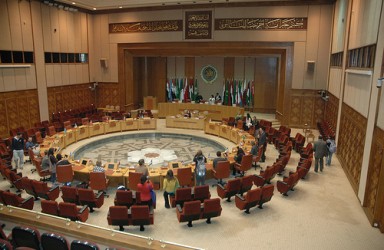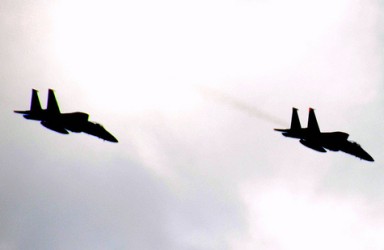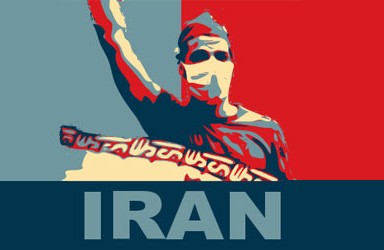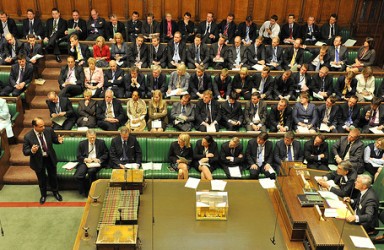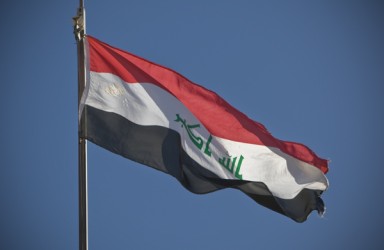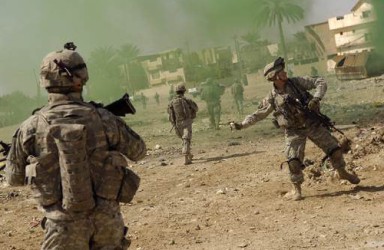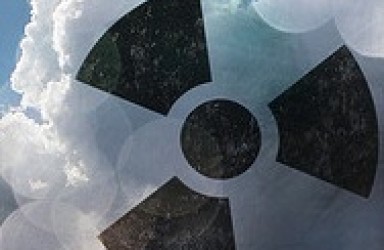The Resilience of Arab Spring Monarchies
The consequences of the Arab Spring will be different for monarchies than for republics. Arab monarchies are stronger structurally, and more flexible.
Have Oil Reserves in the Middle East Created Economic Modernisation and Political Stagnation?
Oil revenue alone cannot be blamed for political stagnation in the Middle East nor is it a guarantee of economic development. Attention must also be given to nature of a country’s government and how open it is.
The Six Day and Yom Kippur Wars in Historical Context
The cataclysmic Arab-Israeli conflicts of 1967 and 1973 have in many ways defined today’s conflict. But, what were the main strategic and political consequences of these two wars?
How US Foreign Policy affects Iran’s Identity: Implications for the Nuclear Issue
This dissertation aims to establish the cumulative effect that the interactions between the USA and Iran have had on Iran’s identity.
The Foreign Affairs Select Committee and UK Foreign Policy
The FAC is powerless compared to other committees; although most recommendations are taken on, many are weak and unsubstantial.
Democratic Peacebuilding in Iraq
The chances of Iraq sustaining its fragile democracy are grim. However, manipulating religious and ethnic groups into favourable behaviour, may lead to peace.
The Enigma of Iranian-Israeli Relations
The recent intensification of enmity between Iran and Israel has been the focus of political analysts, pundits, practitioners, and critics alike.
The Abatement of Insurgency in Iraq and the Re-emergence of Insurgency in Afghanistan
Although Western publics are not casualty-phobic and presently pay little attention to body counts as the ultimate barometer for success, they are wary of supporting wars with low prospects for ultimate triumph, and casualty rates and patterns can help formulate more nuanced policy opinions.
Comparing India and Pakistan’s Nuclear Proliferation Policies During the Cold War
India and Pakistan’s transformational process of emerging as opaque nuclear powers was an example of different the different motivations, aspirations and ambitions for obtaining nuclear status during the Cold War era.
How did British colonial experiences shape the attitude towards the invasion of Iraq after 9/11?
Since the occupation of Iraq, there have been significant improvements in the counterinsurgency strategy used primarily by the Americans. These have incorporated lessons learnt in British colonial experiences, such as the minimisation of the use of force.
